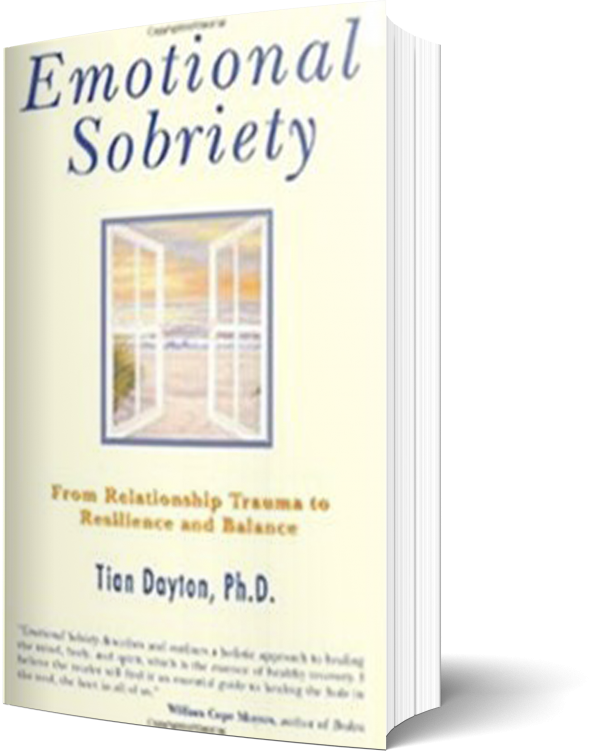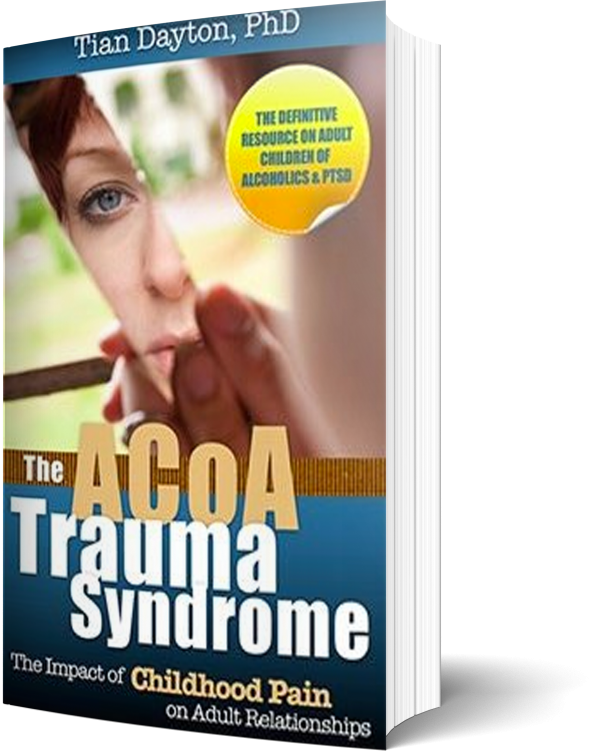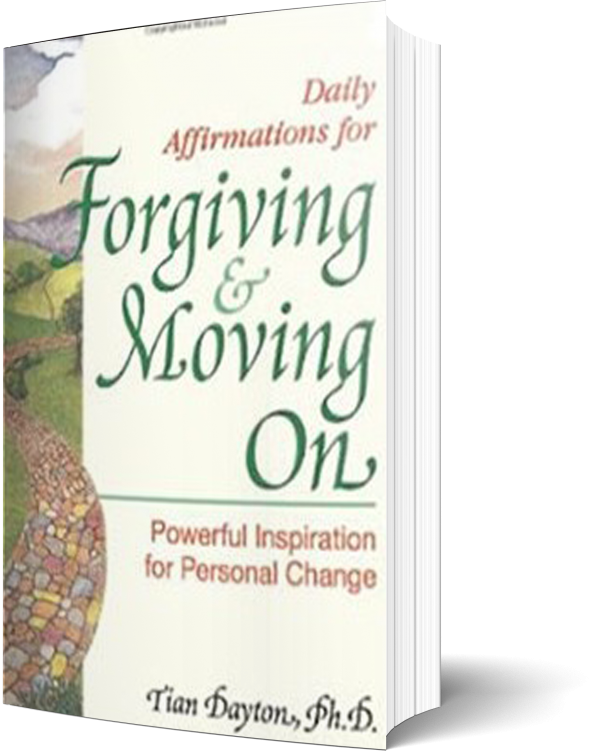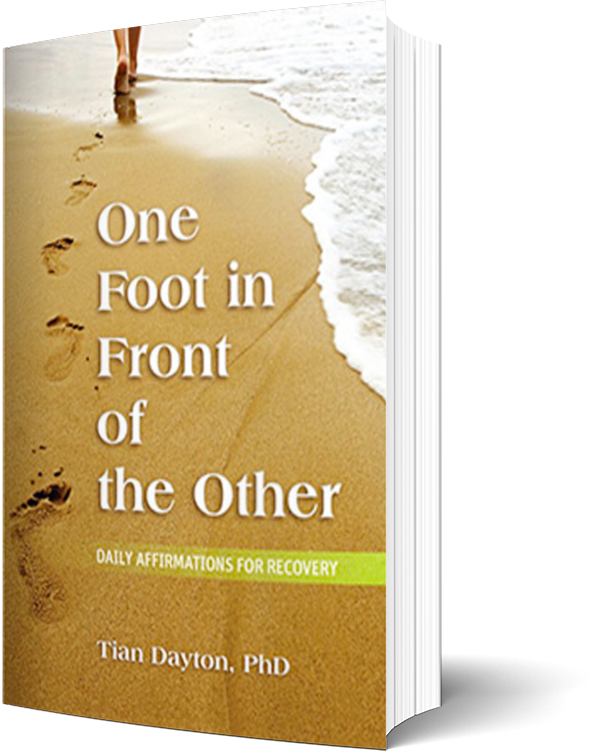Whitney Houston was found underwater and unconscious. In a previous interview with Dianne Sawyer, Whitney Houston exhibits many signs of denial that are typical of addicts.
She says: “I don’t like to see myself as addicted, I like to think I had a bad habit which can be broken … I’m not self destructive, I’m not a person who wants to die … I pray every day … I’m not the strongest every day, but I’m not the weakest either. And I won’t break.”
But Whitney Houston has died, and she did break, and now her daughter, Bobbi Kristina, has to live with this brokenness and try to find a way to mend both her own heart and the very confusing legacy her mother has left behind.
Children of addiction live with this dilemma all the time. Bobbi will, along with so many like her, carry a silent scream inside. She will miss both the mother she had and the mother she never got a chance to have. And she will have to somehow make sense of the very confusing legacy of growing up with addiction and the emotional and psychological trauma that it leaves in its wake.
The Chinese say: “First the man takes the drink, then the drink takes the drink, then the drink takes the man.”
Whitney Houston was not stronger, bigger or smarter than this disease. Most people are not. Once addiction takes you over, it comes to have a life of its own. And it dictates the terms of that life.
COAs, children of addicts, are part of the collateral damage of addiction. Because the addict isn’t the only person who changes and who needs help to become well. Family members too struggle with not only the effects of living with addiction, but the effects of living with the mental illness that drugs and alcohol induce. Addicts don’t act normal, they are unstable and driven by forces that they cannot contain nor control. They are unreliable. One minute you have that lovely, caring parent that you adore and just as quickly you lose them in a sort of thick haze, something that you can never quite penetrate. They slip away, they move somewhere out of reach, to a place where you cannot find them, a place perhaps where they can no longer even find themselves. And they don’t want to be found. They are with their substance. And for the moment, that is all that matters. And they pass this pain along to their children.
The myriad of losses involved in having the parent you love and need repeatedly moving in and out of themselves, their relationship with the family and their own, inner core, is disturbing and profound and can engender trauma. And this kind of trauma or PTSD requires help in order to heal. The threat of rupture or loss between parent and child, which is an ever-present concern for the COA, can cause deep and lasting stress. Because parent/child bonds are survival bonds, when they are threatened through the trauma addiction and the losses and personality changes that accompany it, we may experience that as traumatic. Addicts abandon their children whether they love them or not, when they are in the throws of use, their substance comes first.
Bobbi Kristina needs the love and support of her family, friends and the press, at this critical moment of a deeply personal, yet very public loss. Because of her Mother’s fame, she will have to do some of her grieving in the public eye, whether she wants to or not.
But she shares her sadness with so many others who have lost parents in this manner.
Al-anon is a self help program attached to AA where people who struggle with loved ones who are addicted can find strength and support.
The National Association for Children of Alcoholics NACOA.org, is an excellent resource for COAs and ACOAs. Help is available. No one has to suffer alone and in silence.
To learn more about which characteristics you may have developed growing up with addiction, click on to this 3-min Self Test:
https://www.surveymonkey.com/s/TianDaytonTraumaSurvey
Dr. Dayton’s book “The ACOA Trauma Syndrome” will be coming out in September.





